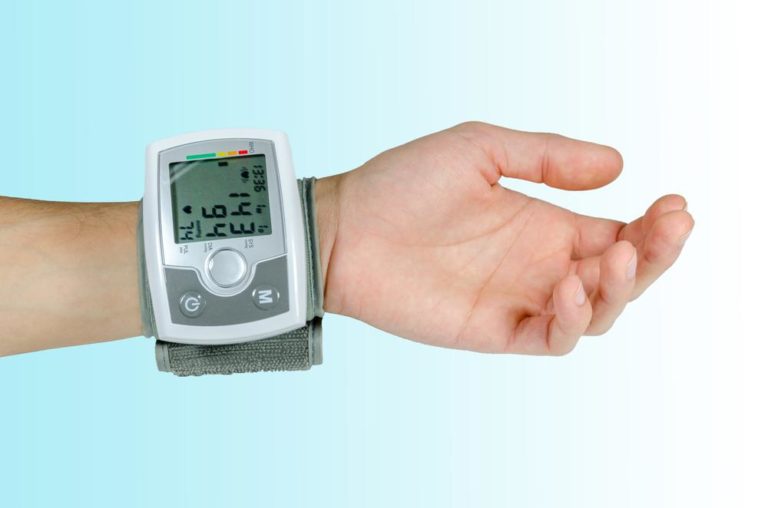Finding a medical alert system can be daunting. To make this process simpler, here’s a comprehensive list of things you need to consider before you get yourself a medical alert system.
Do You Need Help Installing It?
This is the first step you will have to take after buying a device. You need to consider whether you’ll be able to do this on your own or will need any kind of professional help. Most medical alert devices are easy to install and maintain. Some companies even provide free installation and management services. Be sure to check about the installation and management process, with the electronics showroom or sales representative.
How Much Will It Cost?
Before you take the final decision, you need to keep your eyes on the price. Devices like a medical alert system come with a lot of hidden costs. First, you need to decide if you’re leasing the equipment or purchasing it outright. Next, you need to decide on the payment terms, whether it will be a one-time fee or would you prefer to pay monthly. Another important thing to understand is the lifespan of the product. You don’t want to be spending on a similar device anytime soon. Most providers like Philips Lifeline offer their hardware for free but require you to pay a monthly fee. Alternatively, companies like Safety Labs and Logicmark sell the system outright without any recurring fee.
What’s the Battery Life Like?
This is one of the key factors when deciding a company. You definitely want to get a device with a long battery life as replacing batteries every now and then can be exhausting . Remember to check the battery life on both, the base device and the wearable device. It’s best to avoid devices that require daily charging.
What Features Do You Require?
Next up, you need to list down your requirements. This will be based on your mobility and physical condition. Different devices offer different features. It’s best to compare devices before making a decision. Some of the features you should look for are:
Automatic fall detection
Water-resistant wearable device
Regular health and wellness monitoring
Sufficient range for signals
24×7 live assistance
GPS detection


Comments are closed.